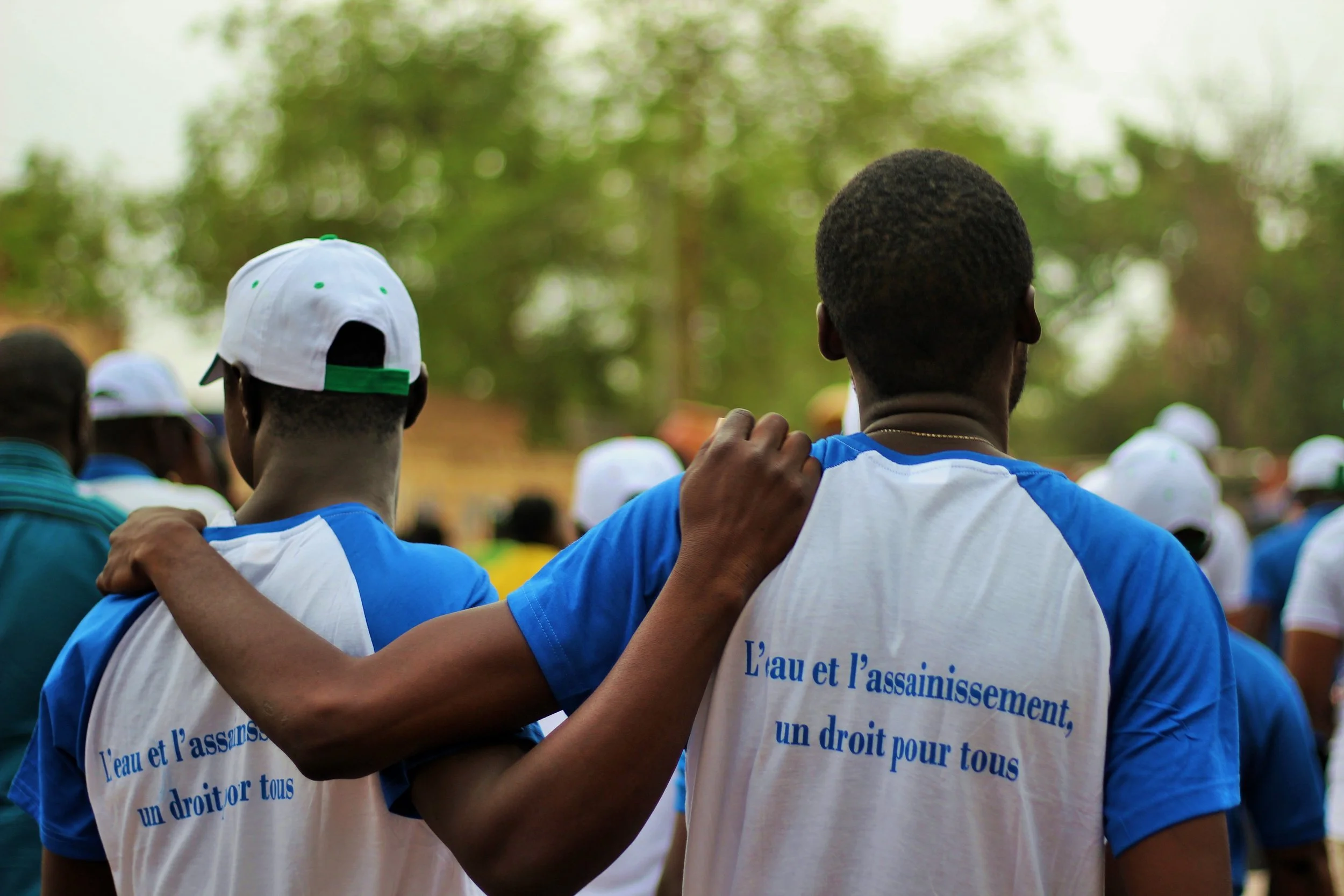We are at a critical moment in preventing the spread of violent extremism in Burkina Faso and in West Africa. As military solutions and peace-building programming become increasingly the focus of Western involvement in the region, we cannot and must not forget the importance that basic service provision and critical infrastructure play in counteracting the drivers of radicalization.
Over the past year, Burkina Faso has seen a staggering increase in the number and geographic spread of violent attacks, an increase of 200% over the year prior [1]. In decades past, however, Burkina has been a stronghold of stability in the region.
Despite considerable progress made in past decades, drinking water services in Burkinabè urban areas remain heterogeneous and deficient in terms of their service coverage and reliability, infrastructure performance, and water quality. This situation is due in part to the insufficient coordination of the various actors, national and international, intervening in the drinking water sector. Their insufficient coordination, particularly in their monitoring and evaluation programs, leads to inadequate and incomplete drinking water service data.
I am currently a third-year undergraduate student studying environmental science with a soil & water concentration at the University of Maine at Orono. This past summer, I was a research intern with the Initiative: Eau West Africa office in Fada N’gourma, Burkina Faso. This opportunity was more rewarding than I could have ever imagined. As an intern, I experienced first-hand the everyday difficulties that some face to have access to safe water, while also being exposed to drinking water service management in a developing city context.
Investments in WASH decrease the burden of water-borne illnesses, reducing general healthcare expenses and the improvement of individual productivity at work and at school. Why investing in this sector in Burkina Faso is still not as efficient as it could be?
With the need to concentrate and coordinate actors in the Burkinabè WASH sector to share knowledge and find solutions for problems like this, Initiative: Eau, the BARKA Foundation, and their partners organized and hosted the Water Fair (Foire de l’Eau), the official event for World Water Day in Burkina Faso.
Access to water is a fundamental human right. While the amount and quality of water we consume may vary greatly between countries, it is impossible for us to live without it. For the average Burkinabè who uses on average 20 liters of water per day, water is as indispensable as for the average American citizen who consumes approximately twenty times that amount.
In August, 1000 millennial leaders from around the globe convened in Denmark to tackle some of the most pressing issues facing our world. Global poverty, lack of safe water, unsustainable energy consumption, high rates of disease – all were in the spotlight at the inaugural UNLEASH Innovation Lab hosted by the United Nations (UN). Founder and CEO Donald Brooks was among the inaugural class of selected “SDG talents,” bringing to the event his experience with Initiative: Eau.
In the first week of September, 50 million people around the world were affected by disasters. This sobering fact opened the Aid and International Development Forum’s Global Disaster Relief & Development Summit in Washington, D.C. earlier this month. Kicked off as Houston grappled with Hurricane Harvey, and as Miami and Puerto Rico prepared for the arrival of Hurricane Irma, the AIDF conference exuded relevance—several panelists were absent, having been called to the front lines of the disaster response. This change in programming could have taken away from the summit, yet the opposite was true.








